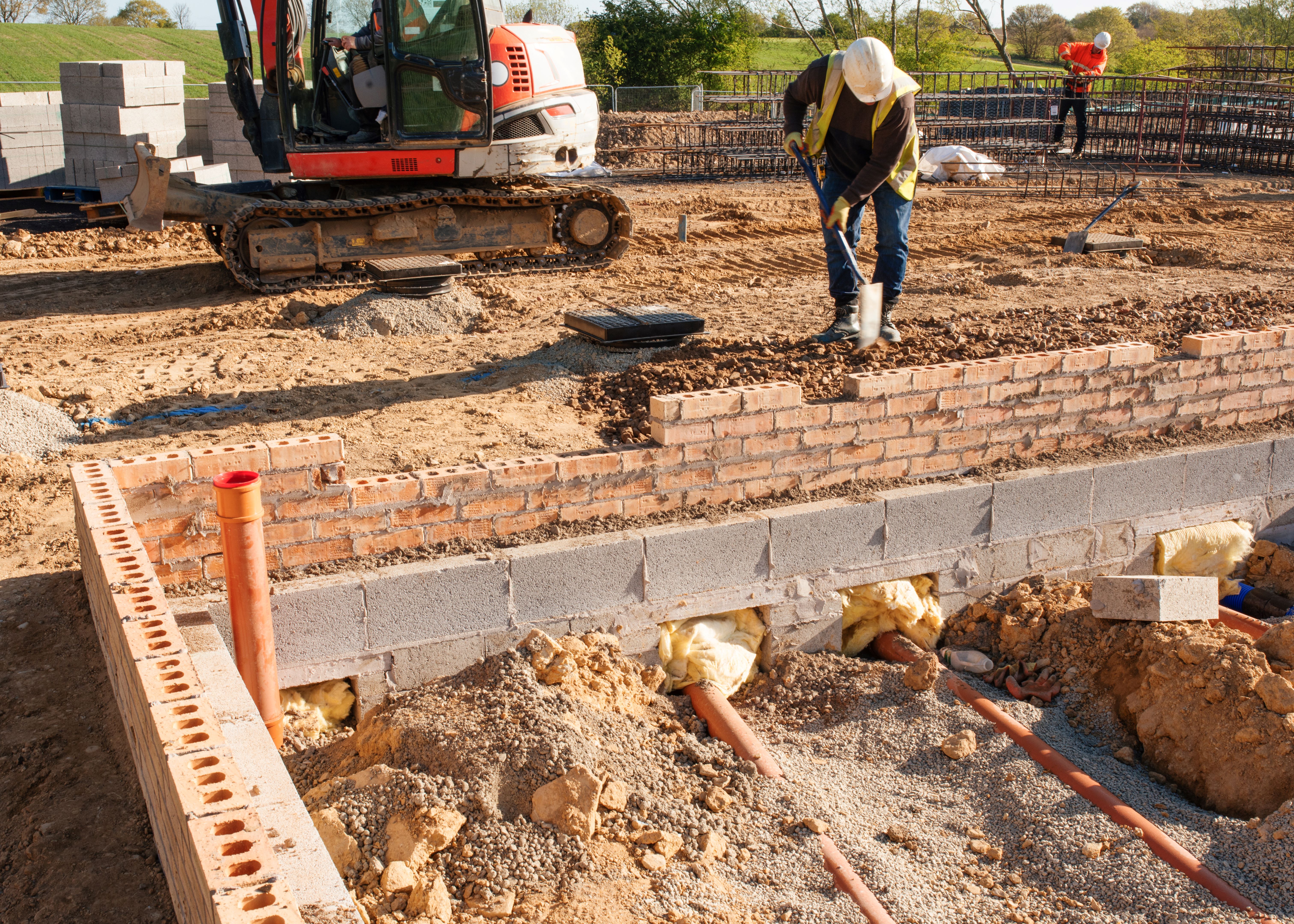If you're just starting out in the construction industry as a groundworker, you have various paths for career advancement ahead of you. Initially, you might focus on gaining experience and possibly specialising in a specific aspect of groundworks, such as drainage or concreting. As you gain more skills and experience, you could move into supervisory roles like a team leader or site foreman, overseeing other workers and ensuring projects are completed efficiently and safely.
Further education and training can open up opportunities in more specialised or technical roles, such as becoming a plant operator, civil engineering technician, or even moving into management positions like construction manager or quantity surveyor. For those interested in safety, a career as a health and safety officer is also an option, requiring specific qualifications.
Entrepreneurial groundworkers might consider starting their own contracting business, while those with a passion for teaching could transition into training roles, sharing their knowledge with newcomers to the industry. Remember, the construction industry values both practical experience and formal education, so continuous learning and development are key to advancing your career.
For skilled groundworkers already established in their roles, a variety of career advancement opportunities are available. With a solid foundation of experience, you might consider further specialisation in areas like precision excavation, advanced concreting techniques, or complex drainage systems to enhance your expertise and value on projects.
Transitioning into leadership positions such as site supervisor, project manager, or even a contracts manager is a natural progression. These roles involve managing teams, overseeing project execution, and ensuring that work adheres to quality and safety standards.
Pursuing additional qualifications and certifications can lead to roles with a greater technical focus, including positions like construction surveyor, quality assurance inspector, or roles within civil engineering support. Specialising in health and safety can also pave the way to becoming a dedicated health and safety advisor or coordinator for construction sites, which is crucial for maintaining safe working environments.




